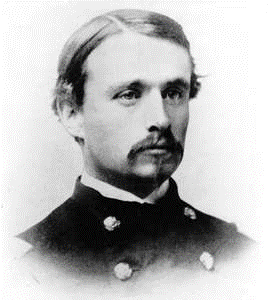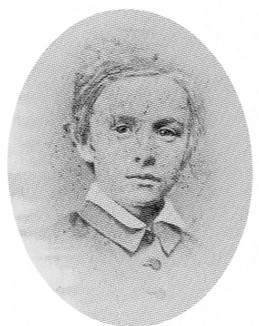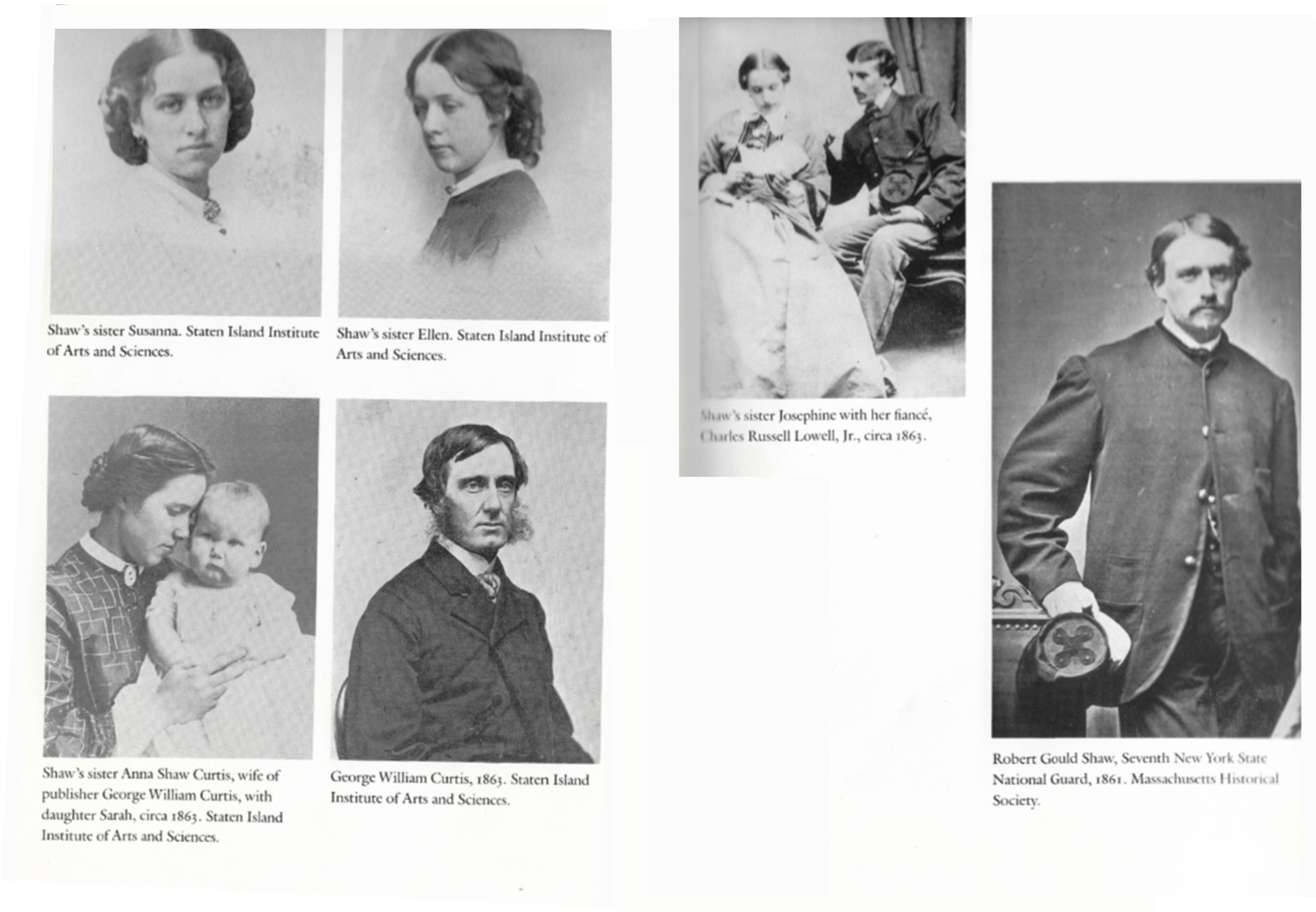
Colonel Robert Gould Shaw
Colonel Robert Gould Shaw was one of the most significant figures in the 54th Massachusetts Volunteer Regiment, as he led it, and ultimately died for it. His parents, Francis Shaw, and Sarah Sturgis Shaw were white aristocrats in Boston society who taught racial tolerance to their children. His family was exceptionally rich, worth over $30 million in today’s money but consisted of many influential abolitionists. Col. Shaw was born in 1837 and educated in private schools in New York and Switzerland, then was taught by tutors in Italy and Germany. He left Harvard at the end of his junior year to work at his uncle’s mercantile firm in New York City.

